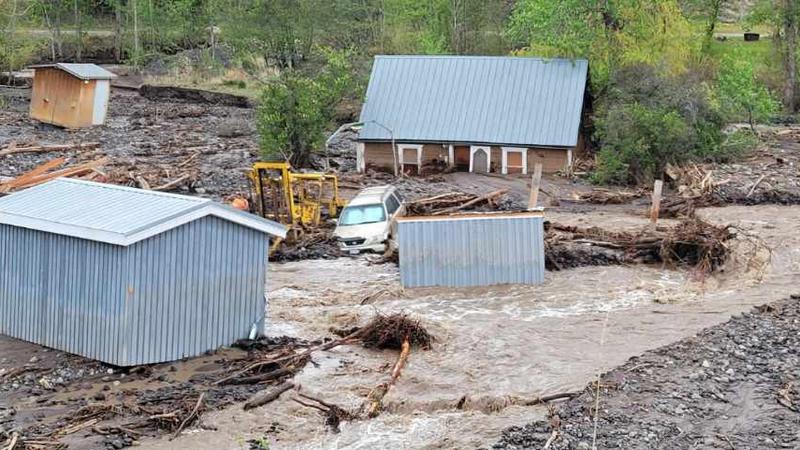
PETERS: B.C. carbon tax revenue should go toward preventing climate-related disasters like Cache Creek
A LOT OF PEOPLE IN THE B.C. INTERIOR get really upset at Justin Trudeau for the carbon tax — even though he had nothing to do with the one we pay.
Our carbon tax was first introduced in 2008 by the B.C. Liberal government under Premier Gordon Campbell and Environment Minister Terry Lake.
It’s true, the Trudeau government implemented a federal carbon tax for provinces that didn’t already have one, but B.C. was not affected by that move.
B.C. was the first jurisdiction in North America to implement a carbon tax, and made it revenue neutral — meaning people would theoretically get whatever they paid in taxes back in the form of various rebates and credits.


